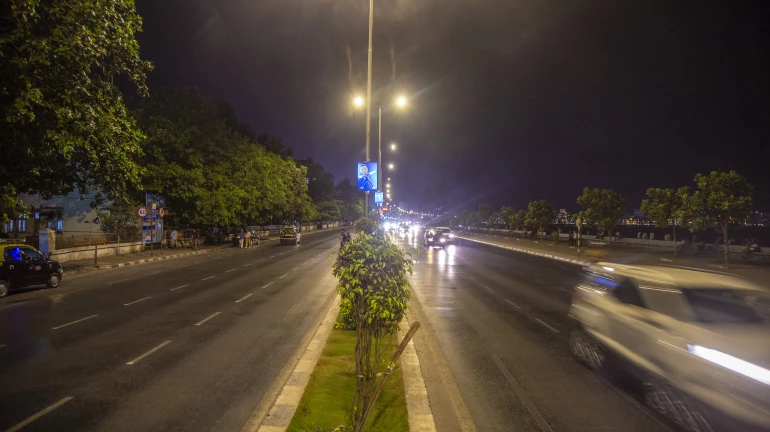
A study conducted by Dr. Kirti Mahajan and Prof Nagendra Velaga of the Indian Institute of Technology-Bombay (IIT-B) revealed that drivers who sleep less than five hours or do not sleep adequately are at a higher risk for causing accidents.
The study's findings reported in the Hindustan Times states that there is a physiological decline in alertness during the post-lunch hours between 2 pm to 4 pm and between 1 am to 5 am.
The study suggests that the driver should be more cautious during this period. They should lower their speed or maintain larger gaps with other vehicles. The study aimed to model drivers' response time and total braking time under partial sleep deprivation compared with no sleep deprivation using a driving simulator. They analyzed the initial response time and total braking time in two emergencies. The first condition was pedestrians crossing a road and the second of vehicles merging into the driver's direction of a roadway.
The drivers were required to stop the vehicle as soon as they detected the pedestrians to avoid any accident in the study. In the second event, a truck and a car merged into the road, but they didn't occupy both lanes.
The drivers did not have a choice to change lanes since they were asked to drive in the left lane only unless indicated otherwise. For maintaining uniformity for all the drivers in the approach of the 'parked vehicle crossing event,' this event was preceded by a 'single lane changing task.' This task made sure that drivers would follow the 'right-sided lane.'
The researchers found that sleep deprivation resulted in delayed response time of drivers to take action, such as applying brakes. They also took time to remove feet from an accelerator or decelerate the vehicle. The study stated that drivers knew of their decline in alertness and loss of driving controls due to sleep loss. Therefore, drivers took constant breaks, caffeine, and water during long journeys.
The highway police officers have said that 90% of the accidents occurred due to human error. According to the reports, most casualties were reported on the Mumbai-Agra and Mumbai-Kolhapur highways. It also makes them the most dangerous road stretches.
Even in September, Minister Satej Patil had asked district collectors and police superintendents to develop an action plan to control accidents.





